Frequent manicures, high-watt bulbs increase potential
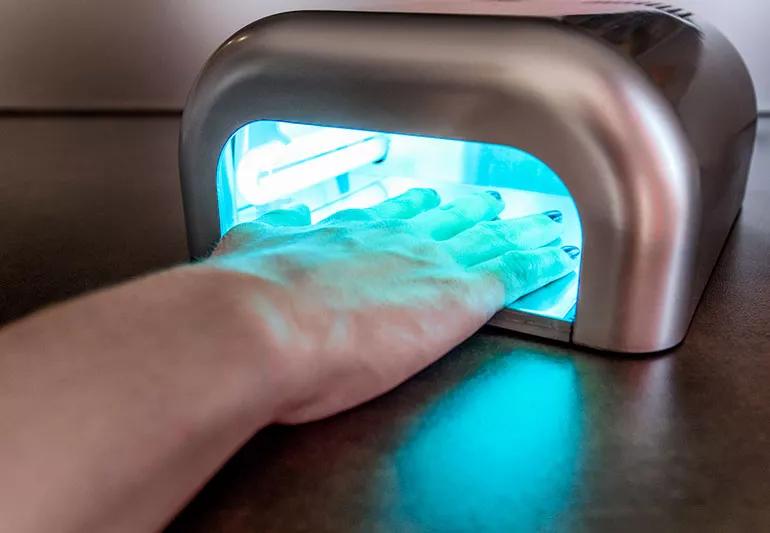
We all know the dangers of tanning beds, and how they can increase your risk for skin cancer. That might have you wondering if it’s equally ill-advised to park your perfectly polished fingertips under the ultraviolet lamp at the nail salon.
Advertisement
Cleveland Clinic is a non-profit academic medical center. Advertising on our site helps support our mission. We do not endorse non-Cleveland Clinic products or services. Policy
When you get a manicure, these special lamps help to set gel manicures and dry polish. They emit ultraviolet rays, which can cause skin cancer and age skin prematurely.
Ultraviolet rays penetrate the skin deeply. They damage collagen, the basic building block of our skin, and elastin, which helps to keep us looking younger.
But there’s good news for salon-goers: studies have shown that the connection between nail salon lamps and cancer isn’t that strong.
Researchers at Georgia Regents University in Augusta, GA tested 17 light units from 16 salons.
The salons used a wide range of bulbs that emitted vastly different amounts of ultraviolet light. The bulbs had a number of different wattage outputs and emitted varying amounts of radiation.
Results showed that higher-wattage ultra-violet lamps emitted more ultraviolet radiation.
Nail salon customers typically are exposed to ultraviolet lamps briefly — long enough to dry wet nail polish. The study revealed that in order to incur skin damage, numerous visits would be required. So the researchers concluded that the risk for developing skin cancer from manicures is minor.
Dermatologist Melissa Piliang, MD, says it definitely comes down to frequency.
Advertisement
“If you’re someone who goes to get their nails done once a week and you put your hands under those lamps for 10 minutes, you might want to be worried,” says. Dr. Piliang.
She adds that if you’re someone who goes a couple of times a year, you’re probably fine. “It’s a very, very small risk,” she says.
The researchers recommend that nail salon customers apply sunscreen or wear protective gloves to decrease the risk of skin cancer and premature aging.
“A good time to apply the sunscreen might be right before the manicurist puts on the polish,”
Dr. Piliang says.
“If you put sunscreen on when you are on your way into the salon, it’s all going to come off when they do the manicure and wash your hands,” Dr. Piliang says. “But take some with you and ask your manicurist to put the sunscreen on for you at the end of the manicure. Then you would be protected under the light.”
While the study above was done in 2014, recent findings have shown that the risks of getting skin cancer from ultraviolet nail lamps are still fairly low. A 2020 review of literature related to the incidence of skin cancer on the hands and nails of young adults (those under 40) found that “there is little to no carcinogenic risk inherent with UV gel manicures.” And again, the authors of this study mentioned applying a broad-spectrum sunscreen prior to gel manicures as a precaution.
Advertisement

Sign up for our Health Essentials emails for expert guidance on nutrition, fitness, sleep, skin care and more.
Learn more about our editorial process.
Advertisement

Color, texture or shape changes may signal a larger medical issue
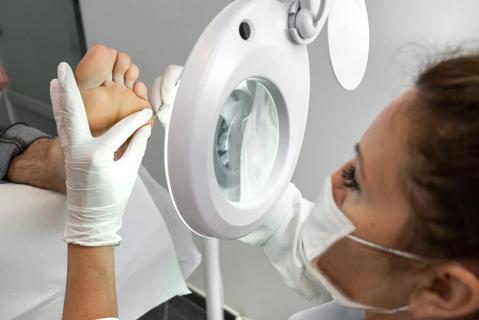
Safety, hygiene and technician training are among the biggest benefits of a ‘medi pedi’
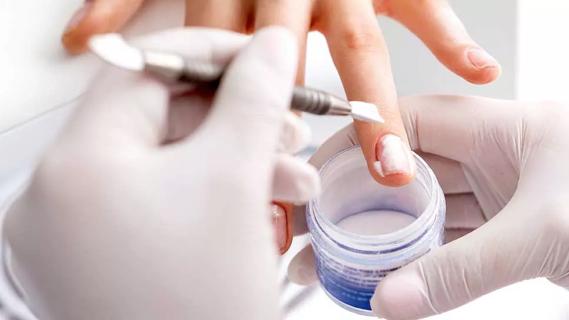
These manicure techniques vary in terms of longevity, hygiene and overall nail health
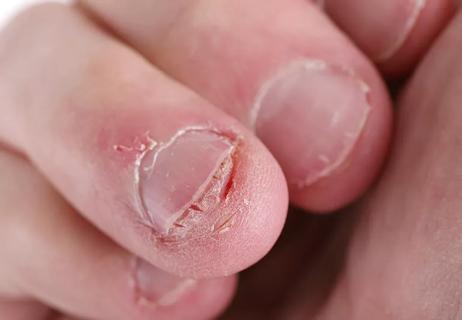
A combination of treatments can help you conquer the compulsion
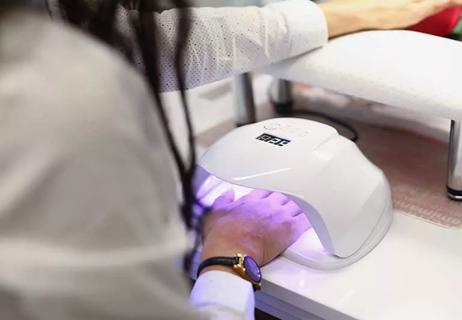
The temporary nail damage is bad, but the cumulative UV exposure could be worse
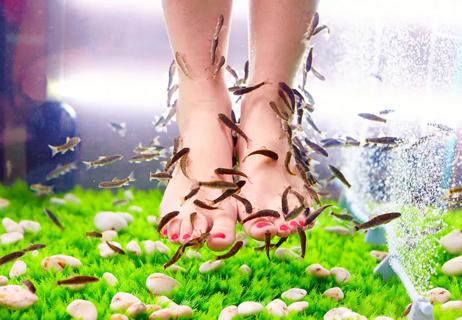
Animal safety and bacterial infections are concerns
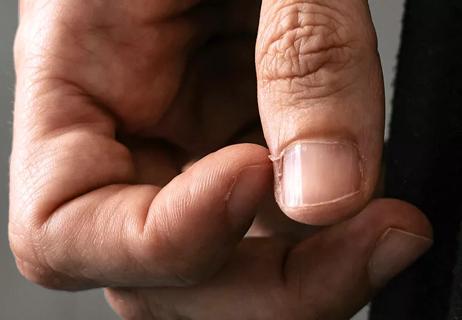
Resist the urge to bite, tear or rip off those little pieces of skin
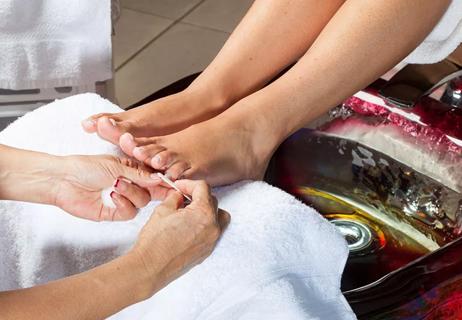
Make sure your salon is clean and sterilizes its instruments

Even small moments of time outdoors can help reduce stress, boost mood and restore a sense of calm

A correct prescription helps your eyes see clearly — but as natural changes occur, you may need stronger or different eyeglasses

Both are medical emergencies, but they are very distinct events with different causes